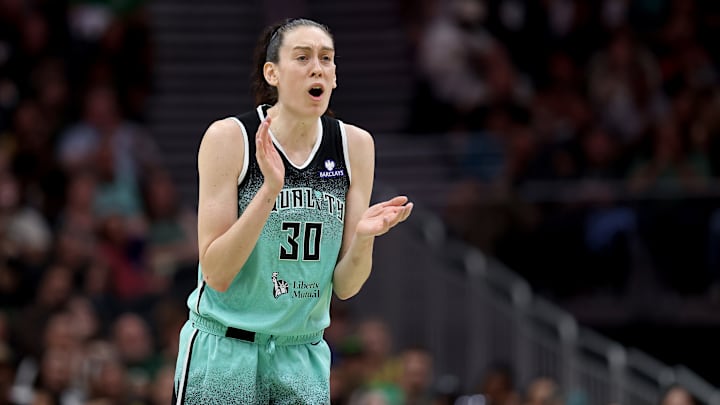On Tuesday night the Associated Press reported the WNBA drafted and sent a new proposal to players that appears to meet most, if not all, of their demands. This includes revenue sharing with a maximum salary of over $1.1 million made available to more than one player on a team (while growing each year). The new proposal also increases the league minimum salary to $220,000, and the average salary to $460,000. If signed, the new CBA would kick in during the first year and increase over time.
The current CBA was due to expire at the end of October, and both parties opted to enter into an extension to attempt to hammer out specifics by November 30. The proposal was described to the AP as the league's attempt to bring a swift end to negotiations, which would allow for the WNBA Draft Lottery to proceed as anticipated on November 23, and for the Toronto Tempo and Portland Fire to hold their Expansion Drafts.
Players have not yet commented on the latest proposal from the league, but are due to meet with the W today.
As reported by ESPN, player salaries and questions about revenue sharing have been at the center of negotiations between the two parties. Though those factors aren't the only ones being discussed, they're important for obvious reasons: the players want to be paid more for the work they're doing on the floor.
Players have also pushed to establish a minimum of standards at facilities for all teams and adapting the league's new charter system into the official CBA (players began traveling on chartered flights and staying in five-star hotels during the 2024 season at the behest of the league; those factors have not yet been inked into a new agreement between the two parties).
ESPN also noted players have pushed for increased retirement benefits and as well as improved family planning and pregnancy benefits.
Players have also attempted to emphasize and adjust prioritization rules, which dictate whether or not players can leave the WNBA to play for their home countries, and also require players to make sure they are back in the United States ahead of training camp each season. According to ESPN, team owners may be less likely to respond to changes pertaining to how prioritization currently works in the WNBA.
Roster expansion is another hot topic that's been bandied about; it's unclear if the current proposal offers any solution or will increase the size of teams.
